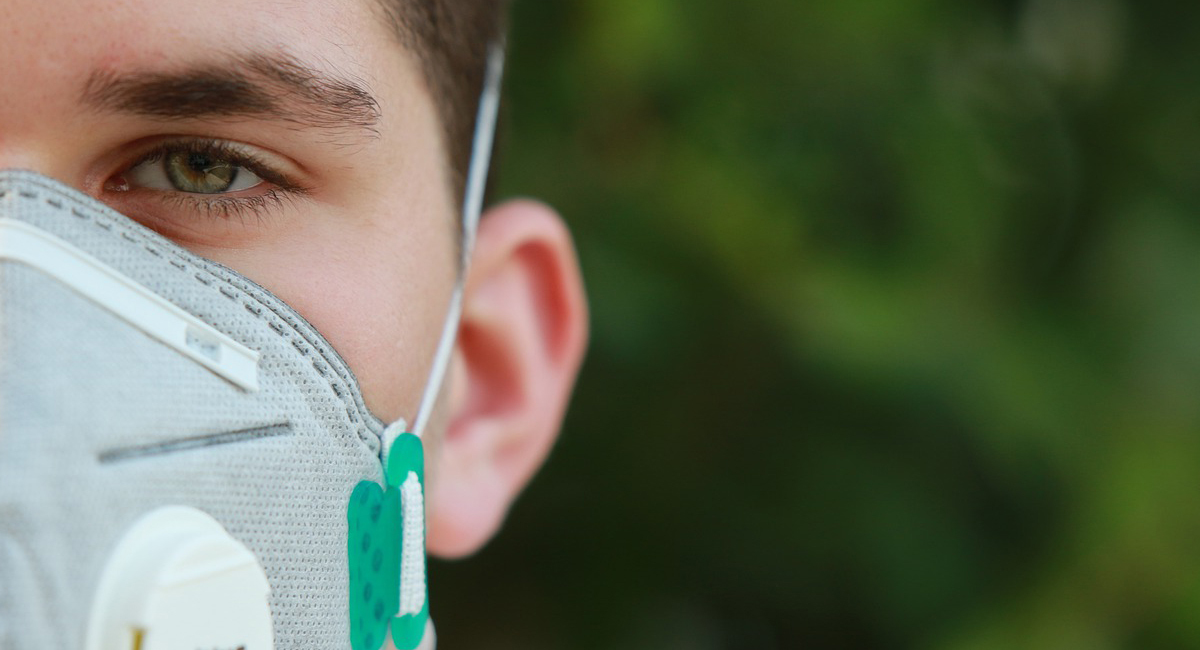“No shirt, no shoes, no service.” This is a sign we have seen in private businesses in the United States since the 1950s. So what about “No mask, no service,” as a sign of the times today?
It’s interesting to observe that the no shirt, no shoes, no service sign became popular as a response to American counterculture. There was no need for the sign when everyone followed the social norms of wearing what was deemed to be appropriate clothing into private businesses, whether they were restaurants, retail shops, grocery stores and the like. It was only when people began to rebel against those norms that the sign became popular - people were testing to see to what degree they could assert what they saw as individual privilege against private rules they chose not to follow. The deeper notion was individual choice is a fundamental part of being American. Part of living in a free country, the argument goes, is that no one can tell me what to do. If I wanted to walk into a private business only wearing shorts and a peace symbol necklace, that was my prerogative as a person living in a free country.
The narrative is really no different today. As part of their response to the COVID-19 crisis we have endured since March, some people, for whatever societal, political, and personal reasons, are asserting what they see as their right to enter private businesses without masks, even where that business in issue has made it clear that masks are mandatory. Anyone telling me to wear a mask is violating my freedom of choice and what it means to live in a free country, goes the argument. Yet the number of powerful private businesses mandating masks grows each week. Among the large private businesses that have made wearing masks mandatory for individuals entering their business, we find giants such as Walmart, CVS, Target, Publix, Whole Foods, Walgreens, Best Buy, Kroger, Kohl’s, Home Depot, and Lowe’s.
The legal issues here are far more simple than the quite complex societal ones. Legally, in the United States, you can be denied service if you’re not wearing a mask. The argument that your rights (municipal, state, and federal rights are often asserted by those aggrieved by the mask regulations) are being infringed upon by the demands of a private business requiring masks for entry onto their property simply isn’t one that will hold weight legally.
No shirt, no shoes, no service remains valid today if it’s a private business making these rules.
Your rights are not being infringed upon if a private business tells you that you must wear a mask to be on their private property and in their store. Patrons have the right to choose which establishments they’ll give their business and which establishments they won’t patronize.
This truly goes to the nature of the compact between private individuals and private businesses in the United States. You as an individual can choose where you want to spend your money. No one can tell you that you need to go to shop A instead of shop B. You have complete freedom of choice as to what goods and services you purchase and where you do.
From the side of the private business, the legal test is one of discrimination. As long as the private business is enforcing a non-discriminatory rule, they have the right to do so. Here, that test would look like this: Is the business making everyone wear the mask or just a certain group of people? If it’s the latter, then it may be discriminatory.If it’s the former, and everyone who enters the private business is required to wear a mask, it’s non-discriminatory and you can choose to wear the mask and shop there or not wear the mask and shop elsewhere.
Your ability to shop elsewhere is the right that you actually do have the ability to exercise here. What frustrates many people who refuse to wear a mask in a store is the idea that their rights are being taken away, that the individual feels they are losing some of the personal agency of living in the United States. In fact, this is one of the most politically-charged issues in the nation - what people are allowed to do as far as individual action in a climate where our actions need to be balanced with the government doing what it believes to be correct and scientifically valid to stop the spread of coronavirus.
This all comes back to no short, no shoes, no service. Some stores chose to enact that policy, while others didn’t. It’s the same with mask regulations today and that may be a part of what some people find frustrating. In jurisdictions where there is not a blanket government policy mandating use of masks in all indoor places, private businesses all find themselves in the no shirt, no shoes scenario.
The law here is not complex. You need to wear a mask where a private business mandates that you do so. Misunderstanding and inflamed emotions make this an emerging societal issue that will only improve with a little empathy and more clear communication of the legal issues involved.
Remember to always stay safe and know that the experienced attorneys at Team Law are here 24/7 to protect your rights.
